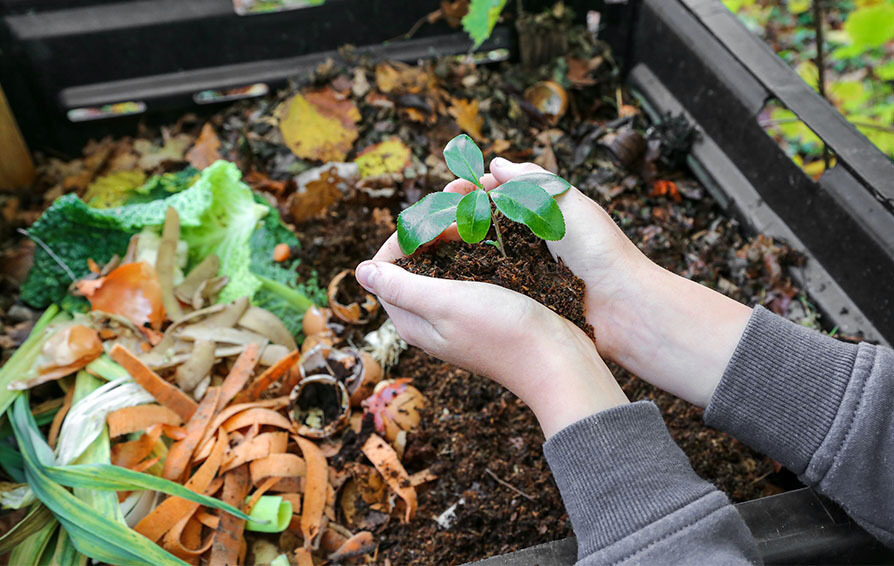Sustainability trends | How can we change composting and recycling?
We know that recycled content matters. While progress has been made with composting and recycling around the world, both still have challenges and our global system of sustainable waste management needs a complete overhaul. China has now banned the import of materials for recycling, while many composters in the US and Europe are struggling to accommodate, or are banning, materials like bioplastics, that add no nutrients to their output. Our current approach to composting was designed largely for backyard waste and it is not ideal going forward.
One of the biggest trends today is composting with black soldier fly larvae. The larvae create a highly nutritious compost that performs better than chemical fertilisers. They can also compost meat, fish and other complex proteins, making them much more efficient than worms. They consume and produce about twice their body weight every single day, thereby reducing landfill and the need for large refuse trucks. And, because of their high protein content, they’re also a great food source for chickens, for example. Innovations like this, can help to significantly improve the process and the output from industrial composting.
Recycling is also essential to long-term sustainability. We continue to produce goods out of metal, glass, plastic, paper and other durable materials. When these items are at the end of their useful life, we need to find ways to recycle them into new goods.
We need improved sorting technology, so that material recovery facilities can better and more cleanly sort more waste items into separate, usable materials. Currently many of these facilities cannot accept plastic bags, because they are too flimsy and get caught in the gears of the machinery. Investments are now being made to filter this material out at the front of the sorting line.
Another important area is improving remanufacturing with recycled content, so manufacturers can readily and effectively use the materials. For example, printing on recycled plastic and paper can be challenging, because the colours are less vibrant. Advancements are being made that will enable manufacturers to produce goods made with 100% post-consumer waste that are still excellent for printing. And developing products that can be made easily with recycled content is another growth area.
Several brands have taken the initiative of producing sustainable T-shirts made out of plastic water bottles, including Ralph Lauren. This replaces harmful human-made polystyrene with waste plastic that would otherwise be dumped in landfill or in the oceans. Over 19 billion bottles are dumped every year, and each one can take up to 700 years to disintegrate. This method of recycling plastic is still in its infancy, but over the next few years we will see more products made of plastic bottles, including jackets, trousers, bags and hats. Recycling plastic, especially for creating something sustainable, is a small step that can help us to reverse some of the looming ecological challenges the world is facing.

